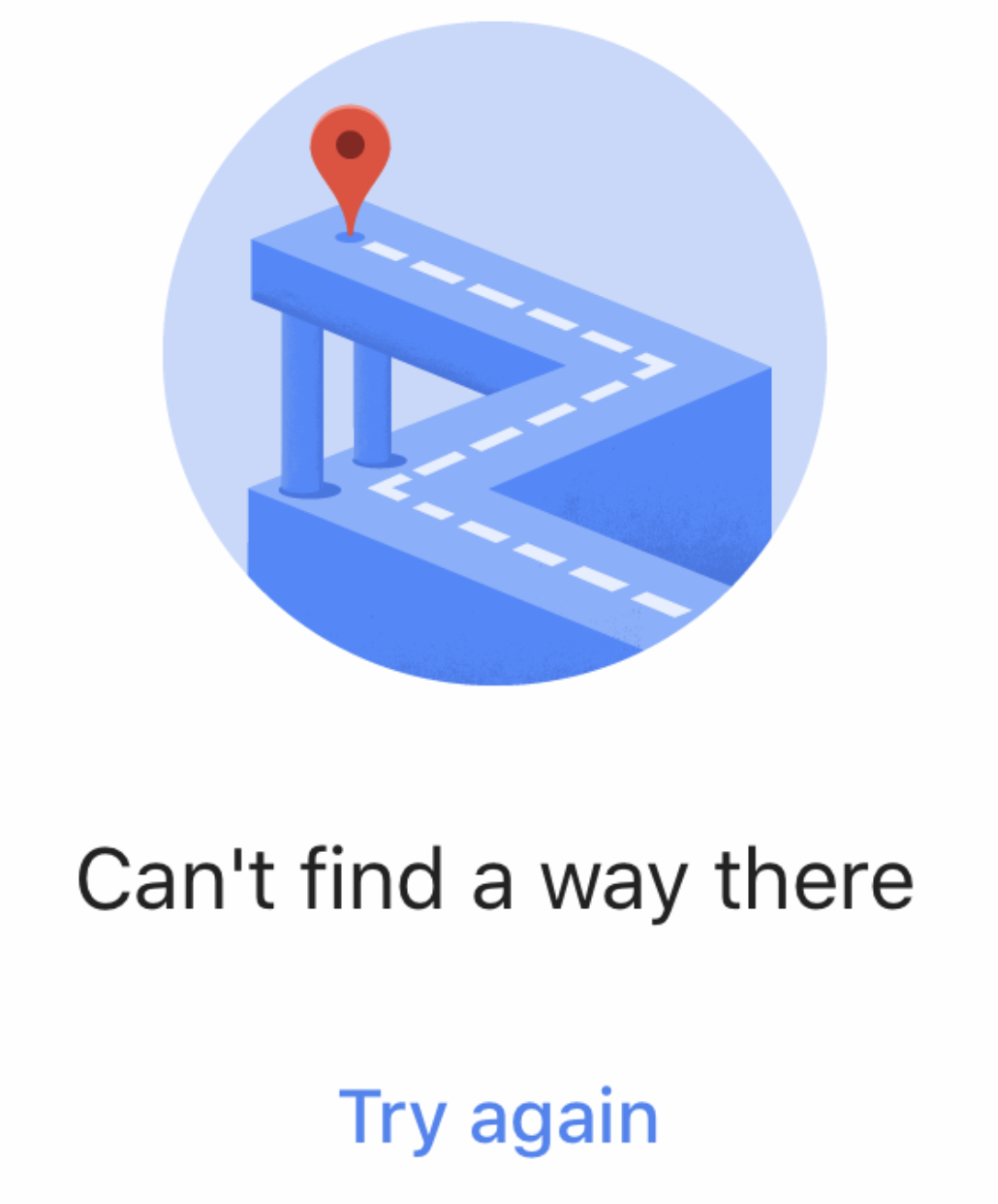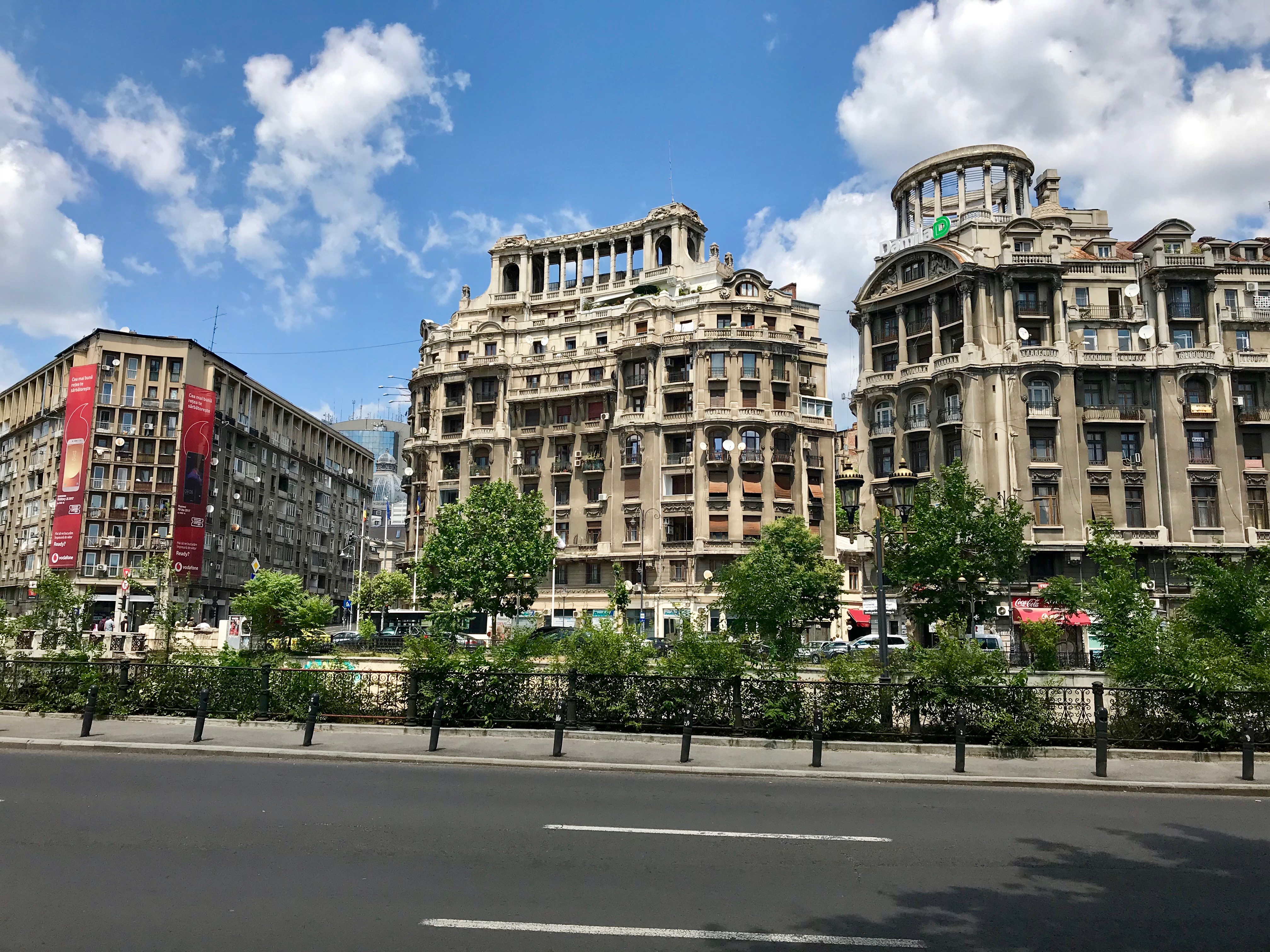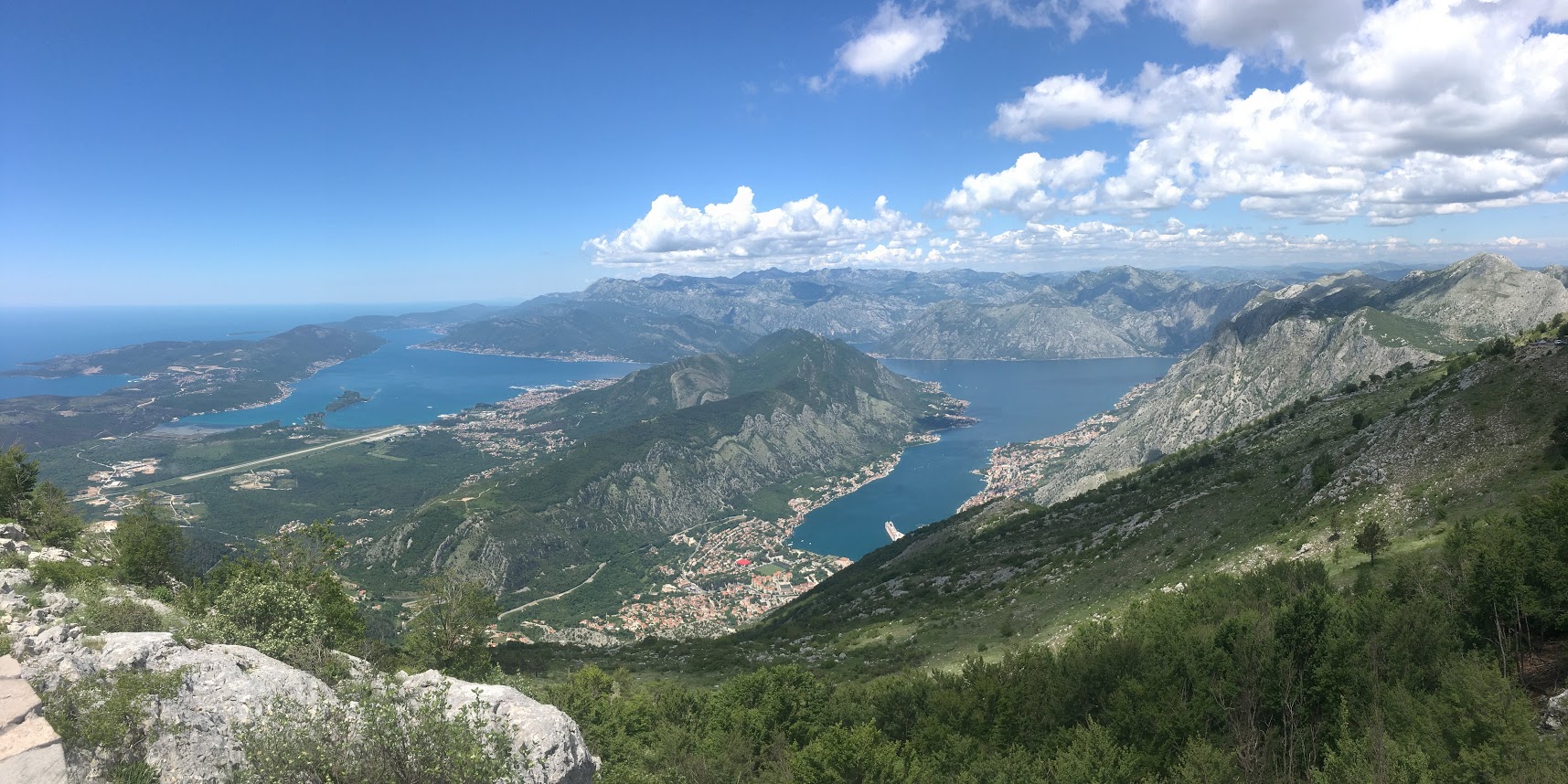Romania
-

Getting Stuck in Romania
.
When B and I were planning a trip to Southeastern Europe, I came across an article highlighting Balkan express train ride between Belgrade, Serbia, and Bar, Montenegro. After reading this article, I decided this was something I needed to do…
-

Exploring Bucharest, Romania
.
Bucharest (not to be confused with Budapest), Romania, is the bustling capital city of Romania. Once known as the “Paris of the East,” it has known some good times. Sadly, with the U.S.S.R. and a powerful dictator, it has also…
-

10 travel tips for when you do not speak the language
.
Traveling to a country where you do not understand the language is a challenge. Period. However, I do have a few tips and tricks to help you navigate your way through that challenge. 10 of them, in fact. My foreign…
